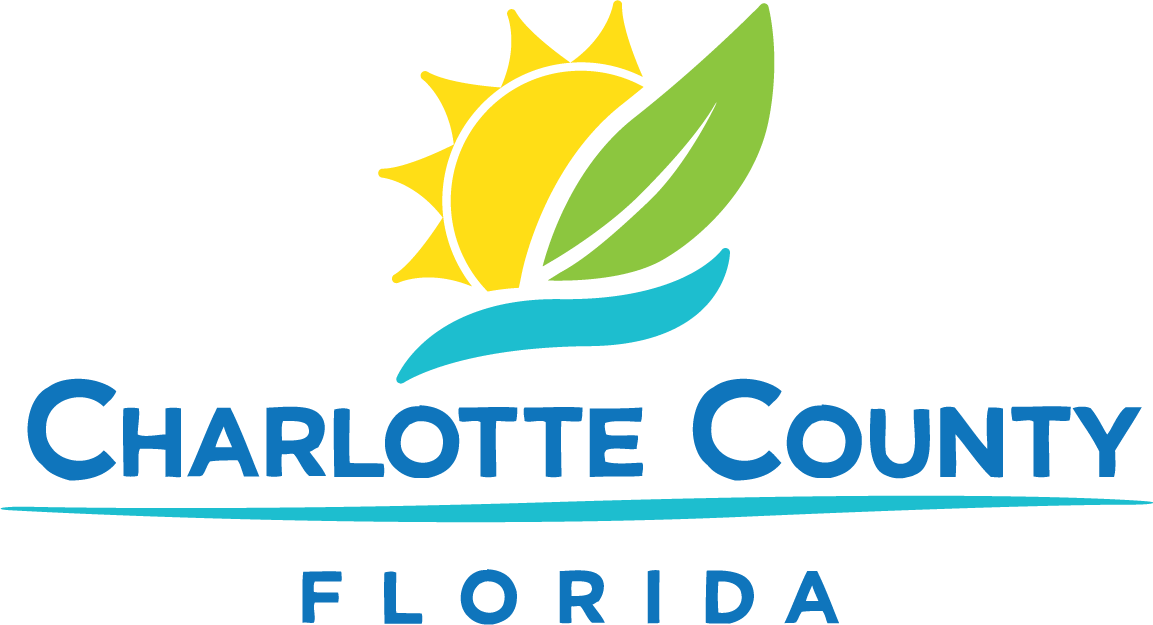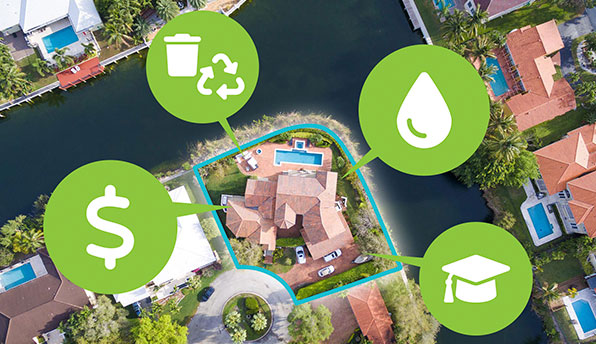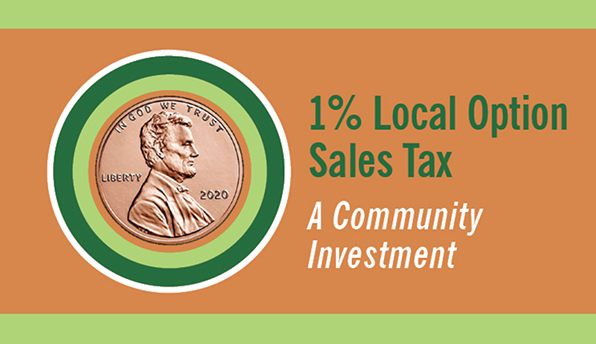The Planning & Zoning Division helps guide how Charlotte County grows and develops. The division manages land use and zoning regulations, reviews site plans and development proposals, and enforces local codes to ensure projects align with community goals. It also leads long-range planning efforts like the Comprehensive Plan, coordinates rezoning and variance requests, and provides mapping and platting services. The Division also supports several boards and committees.
The Planning & Zoning Division supports several boards and committees that help shape the county’s land use policies, hear public input, and make recommendations or rulings on planning matters.
- Board of Zoning Appeals (BZA) – Holds public hearings and decides on special exceptions and variances, ensuring requests meet zoning code requirements.
- Code Enforcement Special Magistrate (CESM) – Conducts hearings on alleged code violations and determines corrective actions when necessary.
- Planning & Zoning Board (P&Z) – Reviews rezoning requests, amendments to the Comprehensive Plan, and other planning matters before making recommendations to the Board of County Commissioners.
Board of Zoning Appeals Code Enforcement Special Magistrate Planning & Zoning Board
The Code Compliance Section ensures that development and land use follow county codes and zoning rules, protecting the safety, health, and character of neighborhoods.
-
Responds to resident concerns and complaints.
- Educates property owners about regulations.
- Enforces rules related to zoning, property maintenance, and permitted land uses.
- Works with the CESM to resolve violations in a fair and timely manner.
Code Compliance Section Code Enforcement Special Magistrate Report a Code Violation
Comprehensive Planning focuses on the county’s long-term vision for growth, infrastructure, and preservation. The division works with residents, developers, and public officials to ensure development is sustainable and in line with community goals.
- Comprehensive Plan – A roadmap for how the county will grow, covering land use, housing, transportation, recreation, and environmental protection. The Charlotte 2050 Comprehensive Plan—effective since June 15, 2011—sets clear goals, objectives, and policies to promote balanced growth and protect quality of life.
Comprehensive Planning Charlotte 2050 Comprehensive Plan
- Community Planning – Tailored policies and improvement plans for specific neighborhoods or corridors.
- Projects include:
- Boca Grande Community Plan
- Burnt Store Area Plan
- Charlotte Harbor CRA
- Grove City Community Plan
- Little Gasparilla Island Community Plan
- Manasota & Sandpiper Key Community Plan
- Murdock Village CRA
- Parkside CRA
- Placida Community Plan
- South County Gateway Planning Project
- South Gulf Cove Community Plan
- U.S. 17 Area Plan
- Projects include:
- Developments of Regional Impact (DRIs) – Large-scale developments that may have a significant impact on public infrastructure and greatly increase the demand for public services, including impacts that may be felt by neighboring jurisdictions.
Developments of Regional Impact Developments of Regional Impact
Current Planning manages the review process for new development proposals and ensures they meet county standards before construction begins.
- Site Plan Review – Evaluates development proposals for compliance with zoning rules, safety standards, and infrastructure capacity.
- Mapping & Platting – Oversees the creation or modification of property boundaries through:
- Preliminary Plats – Initial layout approval for subdivisions.
- Final Plats – Official recording of subdivision boundaries.
- Plat Vacations – Legal removal or modification of recorded plats.
Zoning regulates how land in the county can be used and developed, balancing private property rights with community needs.
- Rezoning – The process of changing a property’s zoning classification to allow different uses.
- Special Exceptions & Variances – Tools for flexibility within the zoning code:
- Special Exceptions – Allow specific uses in a zoning district under certain conditions that protect public safety and welfare.
- Variances – Permit deviations from standards like setbacks, building height, or parking requirements when strict enforcement would cause undue hardship.
Charlotte County Codes & Ordinances Board of Zoning Appeals
- Transfer of Density Units (TDUs) – A program that shifts development rights from one property to another to direct growth toward areas with existing infrastructure.
Transfer of Density Units
- Impact Fees – One-time charges on new development to help pay for public infrastructure such as roads, parks, and schools.
Impact Fees






